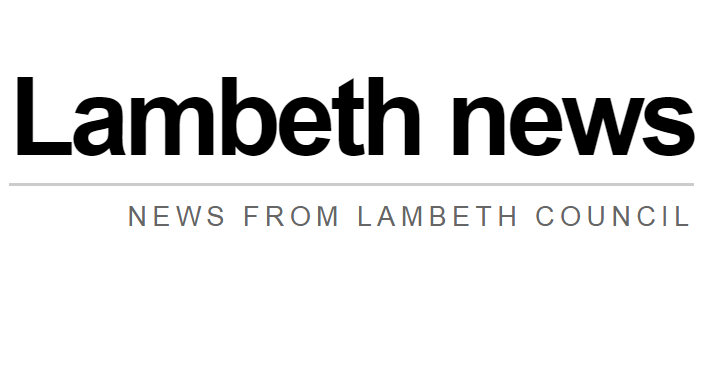
Lambeth is now having to find more than £40 million over the next four years as a result of higher costs, and government funding for the public sector being outstripped by inflation and rising demand for services. However, the council is working hard to make sure services that residents on low incomes rely on are shielded from the impacts of these sharply rising costs and real-term cuts.
And despite the financial pressures, the council has protected and expanded services to tackle the cost-of-living crisis that many residents face. That includes:
- Expanding annual Council Tax Support for residents on low incomes by £3 million, increasing funding for independent advice agencies that support residents
- Introducing a network of warm spaces for those struggling with the cost of energy and
- Providing a £8.1 million cost of living support package to fund free school meals during school holidays and direct payments to households that are struggling to pay their bills.
The position is detailed in a new council report, titled ‘Medium Term Financial Strategy 2022/23 to 2026/27’ which has been published online and will be discussed in detail by the council’s Cabinet on Monday 5 December from 5pm at Lambeth Town Hall in Brixton.
Cllr David Amos, Lambeth’s Cabinet lead for Finance and Cost of Living, said: “It is clear that rising prices in the shops, unprecedented jumps in energy bills and interest rate spikes are having a huge impact on households, businesses and the public sector across the country. Our budget is no exception.
“We are committed to protecting the most vulnerable in our communities, maintaining the services our residents value so much and doing all we can to tackle the cost-of-living crisis. We’ll be making efficiencies in how we run services, raising increased income and sensibly using some of our reserves to ensure we can protect the services residents rely on.
“We will continue to take every opportunity to deliver for our residents and support vulnerable people in our communities, but we must also be honest in our ability to do so in the face of gradually reducing grant funding, rising inflation, and ever-increasing demand on our essential day-to-day services.
“We are clear that the government need to do more. Government cuts to public services have put enormous pressure on councils and other public services at a time when people are relying on them more than ever. And, combined with the economic crisis created by the mini-budget in September and the twin shocks of Brexit and Covid-19, more than ever people in Lambeth need investment in services – not cuts from central government.
“The government’s solution is only to offer councils the ability to raise council tax more – which means that poorer areas like Lambeth can only raise a fraction of the money that wealthier communities can do. Public services shouldn’t be reliant on this piecemeal and insufficient government funding – we need long-term and sustainable funding for the services local people rely on.”
Despite multiple pressures and uncertainties, Lambeth Council’s financial forward planning means it is on track to deliver a balanced budget next year, and has plans for how to meet the remaining shortfall in future years. However, the report is clear that during the predicted economic downturn and without further government funding, local services face significant pressure in the year ahead.



